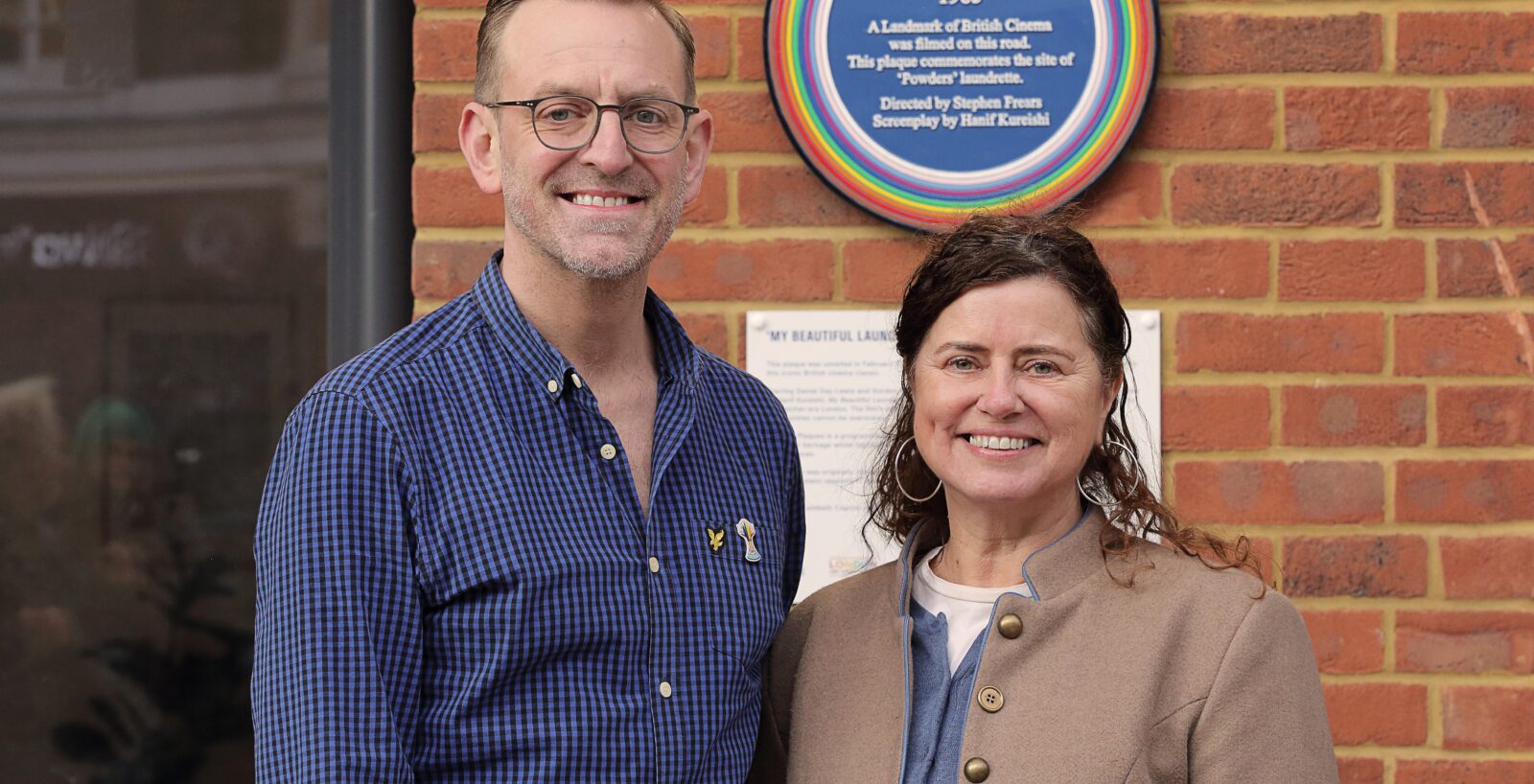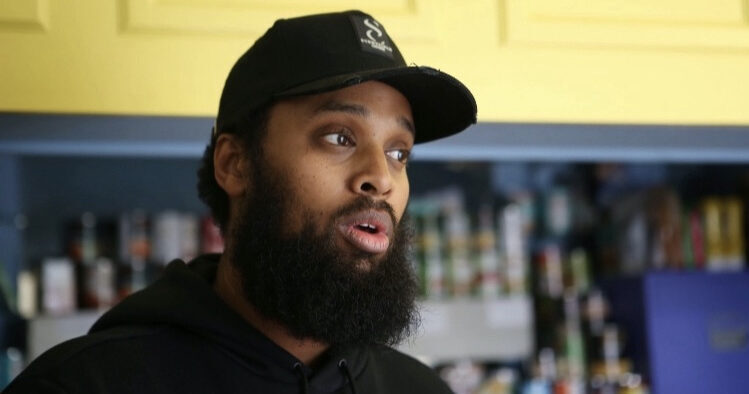
Senior councillors have warned that the national financial settlement announced last month [December] will only add to the financial restraints imposed on the borough during more than a decade of austerity.
The Department for Levelling Up, Housing and Communities said its funding package was a 6.5% increase funding for councils in England. But this figure assumes council tax rises by local councils to the maximum allowable levels.
A report to a Lambeth Cabinet meeting this month (February) has now revealed the scale of financial pressures facing the council due to the increased costs of providing temporary accommodation for more homeless families and social care placements for vulnerable children. These pressures mean the council has to find over £19m of savings next year, as well as using reserves to make up funding gaps.
It also warns that the government package, along with the impact of a stuttering economy, means Lambeth will need to find an additional £8.7m of savings over the next four years, in addition to the £32m already identified – unless the Government heeds demands for more support for local councils.
The Revenue and Capital Budget 2024/25 to 2028/29 report said: “Since December we have received the Provisional Local Government Finance Settlement, which gave some short-term confirmation on funding to local authorities, albeit disappointing.
“Despite the increasingly challenging situation we and other councils find ourselves in as a result of stubbornly high inflation and increasing demands on essential services, government funding has fallen far short of what Lambeth and councils up and down the country have been calling for from central government.”
In spite of the increasing restrictions, the report makes clear that the council is presenting a balanced budget for 2024/25 and doing all it can to protect front line services.
Word from the Cabinet
Cllr David Amos, Cabinet Member for Finance and Cost of Living, said: “The simple fact is that, after more than a decade of austerity, unprecedented cuts in our core funding from government, and record levels of inflation, what the Government is promising us is nowhere near enough.
“Our services are under significant financial pressure – there are more people requiring temporary accommodation, more children and adults needing the support of social care and the cost of delivering services has rocketed due to inflation. The failure to fund local government properly means councils up and down the country are being forced to make even more savings and propose rises in council tax rises to balance their budgets.
“Due to strong financial management in recent years, we are able to set a balanced budget for next year while protecting vital frontline services. But unless the government wakes up to the reality we are all facing, difficult decisions will have to be made about services in the future.”
The council’s budget proposals, set out in the report to cabinet, will be decided at a Full Council meeting at the end of February, when councillors will receive an update on the government funding situation and financial pressures.
The budget proposals include a number of areas where financial savings will be made, including increasing income from fees and parking permits. The budget proposals also set out areas of continued investment in supporting residents through the cost of living crisis with a programme of support for those in financial crisis, and more children from low income families receiving free school meals.
The report highlights the Council Tax Support (CTS) scheme, one of the most generous in London, which will reduce the Council Tax bills of over 16,000 households to nil. Council Tax rates for residents not in receipt of Council Tax Support are recommended to increase by 2.99%, with an extra 2% to pay for additional investment in social care for older people and people with disabilities.
The government announced this week that councils would now receive a £600 million support package, in addition to funding outlined at the provisional settlement, “to help them deliver key services”. However, the cross-party group London Councils warned that this would still leave London boroughs hundreds of millions of pounds short of the amount they’ll need to provide services next year.
Lambeth Council leader Cllr Claire Holland, who is deputy chair of London Councils, said: “It is welcome that Government has listened to the sector and acknowledges the serious financial pressures putting immense strain on local services. However, even with the extra funding, London boroughs face a funding gap of over £400m next year.”
Cllr Holland said the Government’s settlement failed to acknowledge the huge overspends on key services London boroughs were facing this year – including an expected £150 million on providing housing to those in need, and a forecast £350 million on adult and children’s social care.
She added: “The national housing crisis is particularly acute in London, with one in 50 Londoners living in temporary accommodation. While [London boroughs] will receive £77 million from the additional £500m to support adults’ and children’s social care, it is insufficient to meet the need and complexity of need of our residents.”



